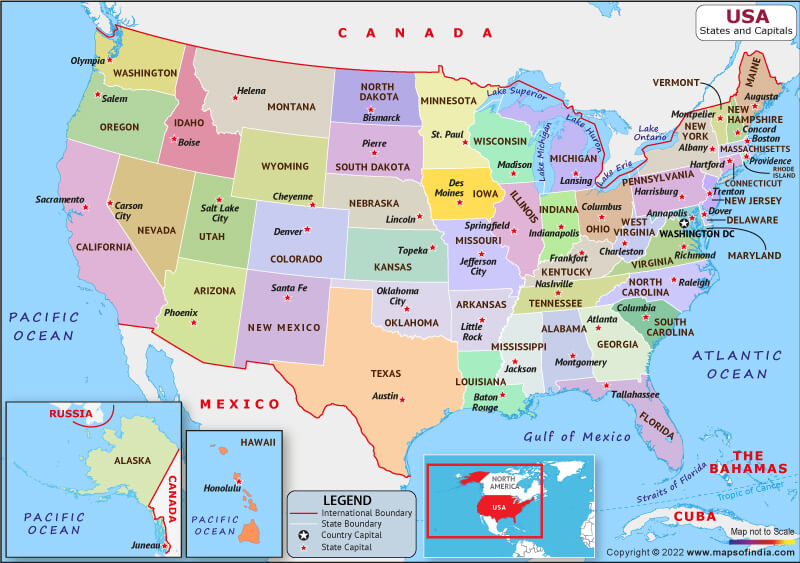In contemplating America’s spiritual destiny through the lens of Baha’i teachings, one might ponder: Is the United States truly meant to be a beacon of light, or might it falter under the weight of its own aspirations? This inquiry invites us to delve deeper into the Baha’i perspective, illuminating a path infused with hope, responsibility, and unity.
The Baha’i Faith, founded in the mid-19th century, is predicated on the belief that all major world religions are interconnected, embodying a progressive revelation of divine truth. For Baha’is, each religion represents a chapter in the unfolding story of humanity’s spiritual development. This perspective is essential in understanding America’s role in the current global tapestry. Baha’is assert that the United States has a unique spiritual destiny, rooted not only in its geographical location but also in the ideals of liberty, equality, and justice.
At the heart of Baha’i teachings lies the concept of unity. The Baha’i writings emphasize that the prosperity of nations hinges on the mutual support and cohesiveness of their inhabitants. America, with its amalgam of diverse cultures, religions, and backgrounds, stands as a living testament to this principle. It is posited that the country’s spiritual obligation is to exemplify this unity in diversity. Within this context, the United States can indeed serve as a model for the world, showcasing how pluralism can coexist harmoniously with shared values.
Yet, America’s path is fraught with challenges. The tumult of societal conflict, racial strife, and division often obscures this noble objective. Baha’is contend that the destiny of America will not manifest through mere military or economic prowess but rather through moral and spiritual leadership. This call to action underscores the importance of fostering compassion and understanding among its people.
Inextricably linked to the notion of spiritual destiny is the concept of education, a fundamental tenet of Baha’i belief. The empowerment of individuals through knowledge is seen as paramount for addressing societal disparities and injustices. An educated populace, capable of critical thought and innovative problem-solving, can lay the scaffolding necessary for a more equitable society. Therefore, America’s spiritual path cannot be divorced from its commitment to quality education for all, irrespective of socioeconomic status, race, or creed.
The Baha’i teachings further assert that positive change originates from individuals. Thus, grassroots movements toward social justice, environmental stewardship, and community building are imperative. This empowers every American to recognize their potential role in this cosmic narrative, reinforcing the understanding that every action — no matter how minuscule — contributes to the collective whole. The recent global shifts towards sustainability exemplify how collective effort can harmonize humanity’s relationship with nature, steering America toward a spiritually enriched future.
Moreover, interconnectedness is not solely limited to people but also extends to nations. The Baha’i vision encapsulates a future where mutual respect and cooperation are paramount. America’s historical position as a superpower imbues it with a significant responsibility on the global stage. Baha’is advocate for international dialogues and deliberations, suggesting that America’s spiritual destiny intertwines with its capacity to foster peace and mutual understanding internationally. An absence of these qualities could signify a departure from the country’s divine purpose.
Another critical aspect revolves around the cultivation of virtues such as service, justice, and humility. Aligning with the Baha’i principle of selfless service, the elevation of these virtues is essential for individuals aspiring to contribute to America’s spiritual legacy. By committing to altruism, citizens can transcend individualistic tendencies, instead contributing to a collective ethos that resonates with the greater good. The dynamism of American society relies heavily upon this ongoing process of self-enhancement and community service.
Baha’is also emphasize the importance of consulting and collective decision-making as a means to nurture democratic principles. America’s spiritual destiny requires re-examining existing governance models to ensure they reflect inclusive and participatory practices. The Baha’i principle of consultation encourages open dialogue where diverse opinions are valued, thus fostering solutions that resonate with a wider societal context. This constructive discourse is crucial for America to address its internal and external challenges effectively.
As America navigates its complex landscape, infused with both promise and tribulation, Baha’i teachings advocate for a conscious alignment with spiritual values. The notion of collective endeavor parallels the complexities of modernity, highlighting that the nation’s success lies not merely in its material achievements but also in its moral compass. The question lingers, then: Will America embrace its spiritual destiny and lead the world towards a new era of enlightenment, or will it succumb to the distractions of division and discord? The answer lies within the hearts and actions of its citizens, urging a pivot towards unity, service, and cooperation.
In conclusion, the Baha’i perspective posits that America’s spiritual destiny is not an immutable fate but rather a dynamic potential, realized through the concerted efforts of individuals dedicated to nurturing the values of love, justice, and universality. The journey is indeed a collective endeavor, beckoning every American to participate actively in shaping a future that honors the principles inherent in humanity’s diverse legacies. As this narrative unfolds, it serves as a reminder that the choices made today will significantly influence the spiritual trajectory of America tomorrow.
